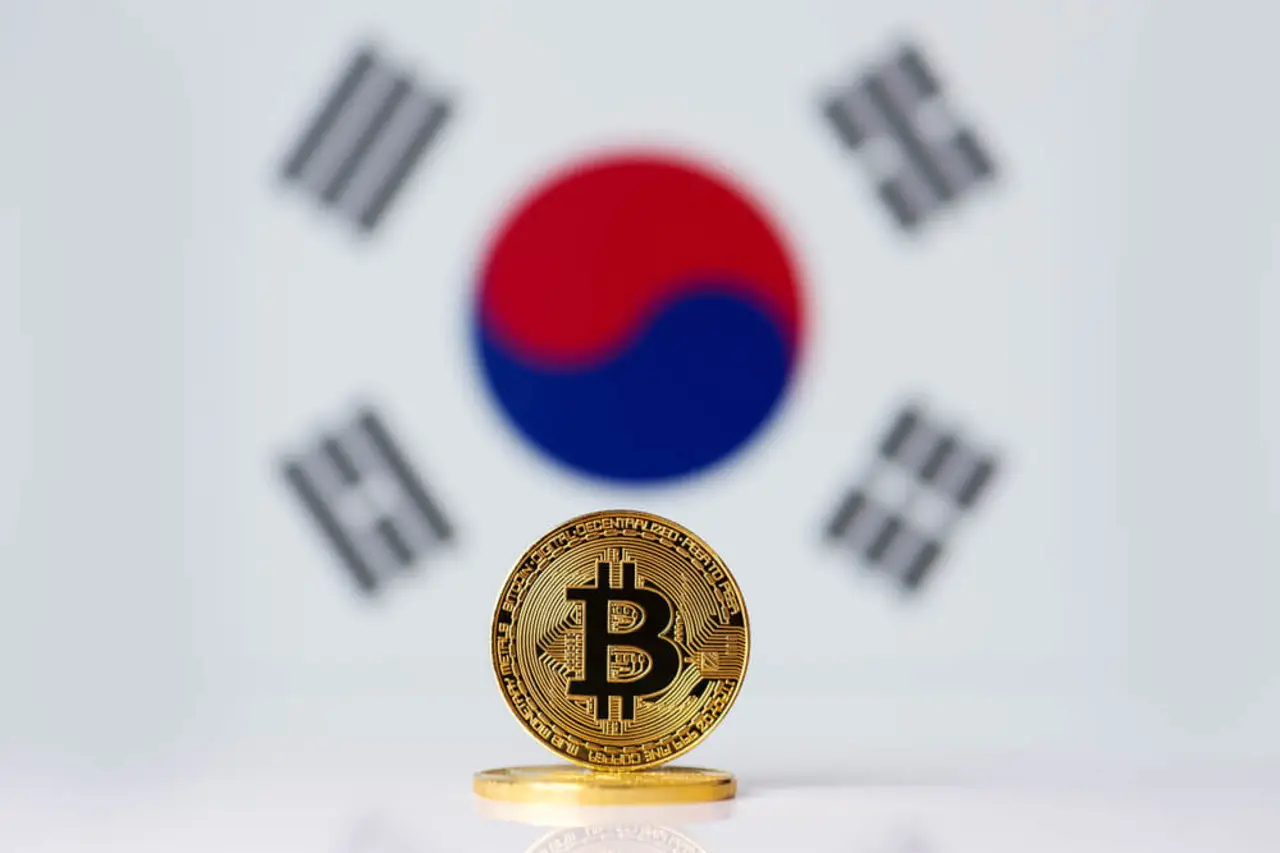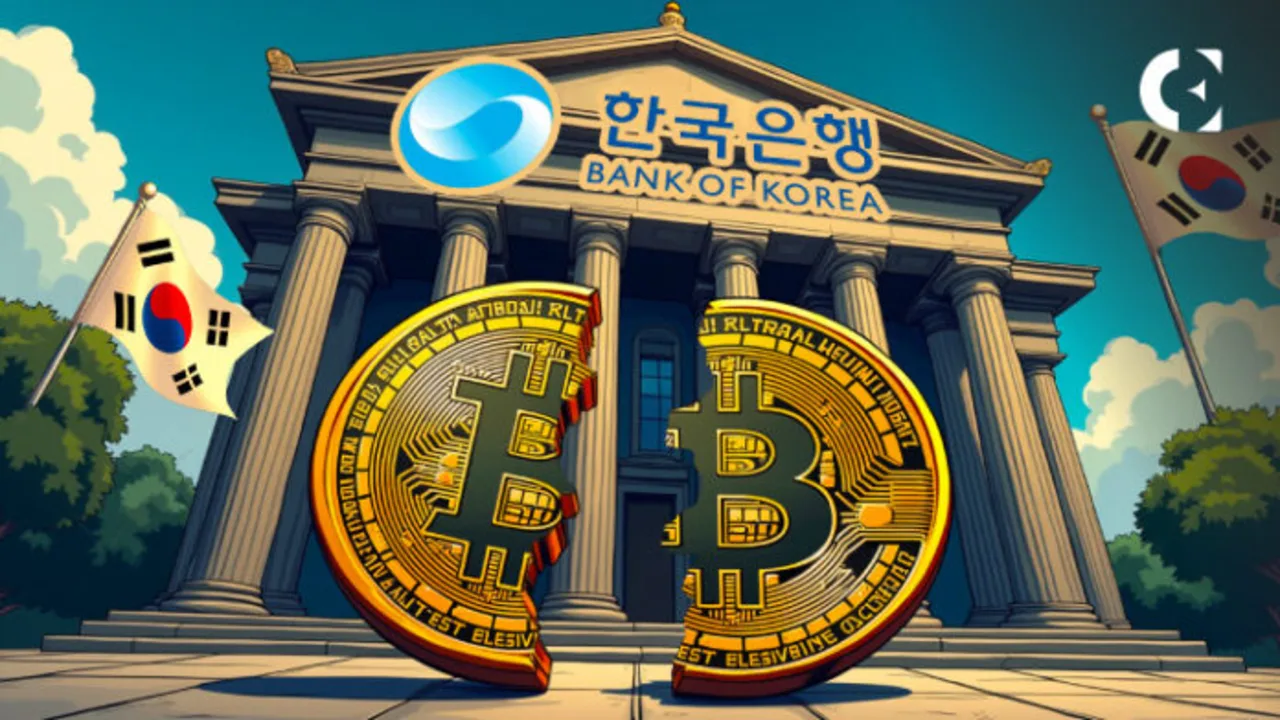South Korea Rejects Bitcoin as Foreign Exchange Reserves
The Bank of Korea (BOK), South Korea’s central bank, has reaffirmed that it has no plans to include Bitcoin in the country’s foreign exchange reserves.
According to a report by the Korea Economic Daily on Sunday (March 16, 2025), the BOK stated that Bitcoin’s high volatility is the primary reason behind this decision.
They are concerned that Bitcoin’s price instability could lead to significant transaction cost spikes when liquidating assets.
Additionally, the BOK emphasized that Bitcoin does not meet the guidelines set by the International Monetary Fund (IMF) for managing foreign exchange reserves.
The IMF mandates that foreign exchange reserves must be managed with prudence, ensuring liquidity control, market risk, and credit risk.
Summary Key Takeaways
ShowComparison with U.S. Policy

Based on the information we quoted from the Coinvestasi media, the BOK’s decision contrasts with the approach taken by the United States.
On March 6, 2025, U.S. President Donald Trump signed an executive order to establish the Strategic Bitcoin Reserve (SBR), using Bitcoin seized from various criminal and civil cases.
This move has prompted some countries to consider creating their own Bitcoin reserves.
However, South Korea remains skeptical of this initiative, aligning with the stance held by Japan, Switzerland, and the European Central Bank, which have also shown no interest in adopting Bitcoin as a national reserve asset.
South Korea’s Crypto Regulations Are Loosening

Despite its skepticism toward Bitcoin as a foreign exchange reserve, South Korea is showing positive signals in its overall cryptocurrency regulations.
The country’s financial authorities are drafting plans to gradually lift the ban on cryptocurrency trading by financial institutions, which had previously been strictly enforced.
Additionally, South Korean regulators are reportedly preparing a second legal framework for the crypto industry, focusing on stablecoin management and other technical aspects within the digital asset ecosystem.
The BOK’s decision not to include Bitcoin in its foreign exchange reserves reflects the country’s cautious approach to crypto assets, even as regulatory frameworks continue to evolve positively.
Conclusion: South Korea Maintains a Cautious Stance on Bitcoin as a Reserve Asset
The Bank of Korea’s decision to exclude Bitcoin from its foreign exchange reserves demonstrates the government’s conservative stance on cryptocurrency.
While some countries, like the United States, are considering Bitcoin as part of their financial strategies, South Korea remains skeptical due to Bitcoin’s high volatility and the IMF’s regulatory standards.
However, on the other hand, South Korea’s crypto regulations are gradually becoming more flexible, creating opportunities for the digital asset industry to grow within the country.
This approach highlights that while South Korea does not adopt Bitcoin as a national reserve asset, it remains open to innovation within the broader crypto ecosystem.
Frequently Asked Questions (FAQs)
Why does the Bank of Korea (BOK) reject Bitcoin as a foreign exchange reserve?
The Bank of Korea (BOK) has rejected Bitcoin as a foreign exchange reserve due to its high volatility that could cause financial instability. In addition, Bitcoin does not meet the foreign exchange reserve management standards set by the International Monetary Fund (IMF), which prioritizes prudence in controlling liquidity, market risk, and credit risk.
How does South Korea's policy differ from the United States' regarding Bitcoin?
Unlike South Korea, which rejects Bitcoin as a foreign exchange reserve, the United States, under the leadership of Donald Trump, has established the Strategic Bitcoin Reserve (SBR) using Bitcoin seized from criminal and civil cases. This move shows that the US is starting to consider Bitcoin as part of its national financial strategy, while South Korea remains skeptical.
Does South Korea ban the use of Bitcoin and other crypto assets?
No, South Korea does not ban the use of Bitcoin and other crypto assets. In fact, the government is working to loosen regulations on the crypto industry by removing the ban on crypto asset trading by financial institutions and creating a new legal framework for the management of stablecoins and other technical aspects of the digital asset ecosystem.







